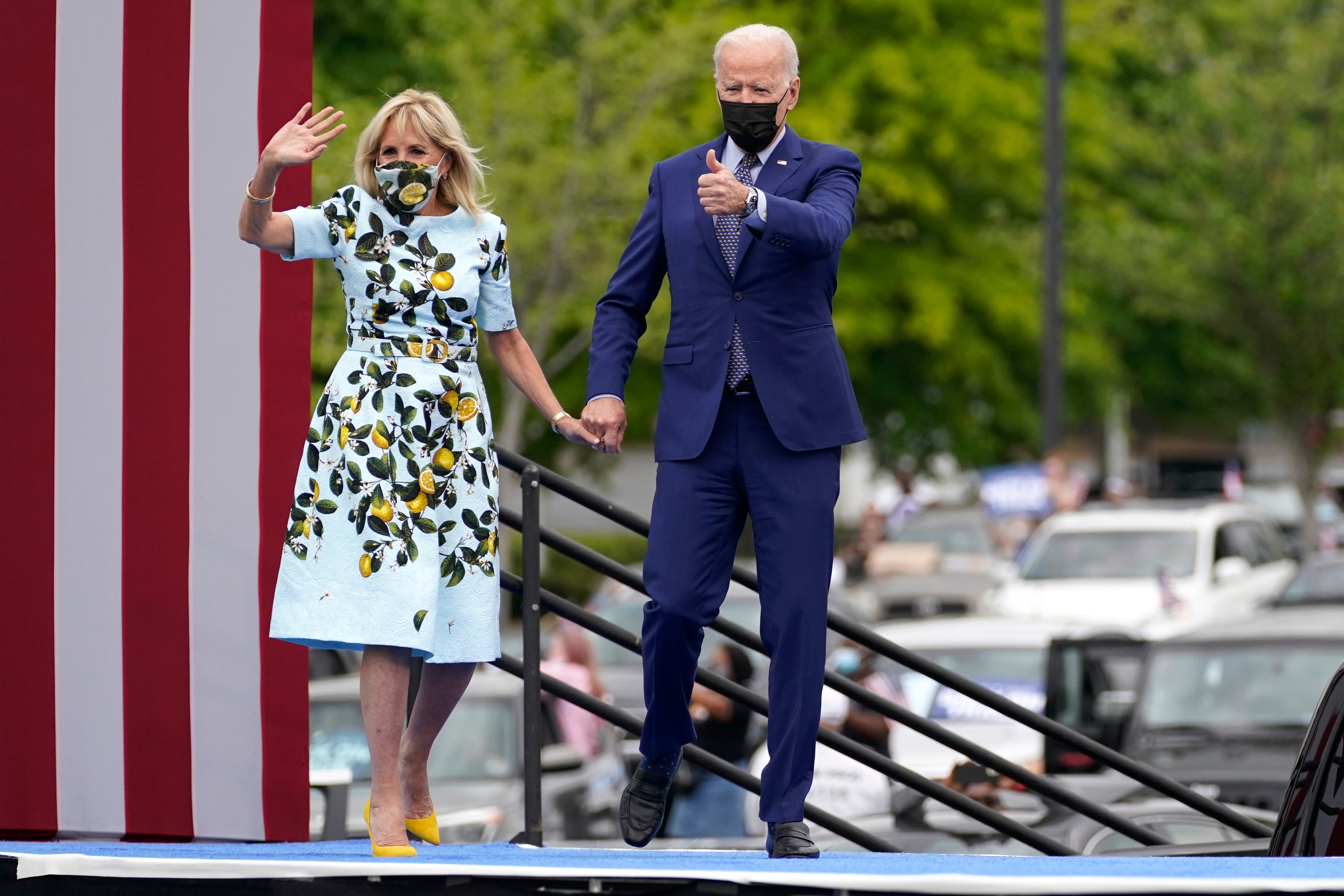The battle over voting rules across America shows how divided the country still is
The ideological gap between Democrats and Republicans appears ever wider – and Trump is never far away


Your support helps us to tell the story
From reproductive rights to climate change to Big Tech, The Independent is on the ground when the story is developing. Whether it's investigating the financials of Elon Musk's pro-Trump PAC or producing our latest documentary, 'The A Word', which shines a light on the American women fighting for reproductive rights, we know how important it is to parse out the facts from the messaging.
At such a critical moment in US history, we need reporters on the ground. Your donation allows us to keep sending journalists to speak to both sides of the story.
The Independent is trusted by Americans across the entire political spectrum. And unlike many other quality news outlets, we choose not to lock Americans out of our reporting and analysis with paywalls. We believe quality journalism should be available to everyone, paid for by those who can afford it.
Your support makes all the difference.Having just passed 100 days in office, the administration of Joe Biden has certainly provided a more “normal” presidency so far (at least in terms of historical precedent) than that of Donald Trump.
Trump’s supporters would suggest that his deviation from normality was exactly what they liked about the 45th president. Meanwhile, Biden is facing calls to aim higher and go further. Among supporters of the Democratic Party, expectations were generally low, but many will see a return to “normal” as not quite good enough.
Such division has become ingrained in the US, entrenched by Trump's four-year term. This was illustrated by a recent CNN survey about the rules around voting (and feelings around the outcome of the 2020 presidential race at large). It comes as a number of Republican-controlled legislatures push through changes imposing new limits on voting. Montana recently passed new voting restrictions, while other states, such as Florida, Arizona and Texas, are not too far away from doing the same.
The poll found that 46 per cent of those asked believe that the rules are not strict enough to prevent illegal votes from being cast, while 45 per cent say the exact opposite – that the rules make it too difficult for eligible citizens to make their voices heard at the ballot box. The latter respondents may be happy to know that that legislators in states including Delaware, Kentucky, Virginia and Washington – which are generally less competitive when it comes to election time – are looking at ways to ease access.
When you take into account party affiliation, the result is even clearer – with 76 per cent of Democrats saying that it is too difficult to vote, and 87 per cent of Republicans saying that the rules need to be toughened up.
The contrast when respondents answered the question “Did Biden legitimately win enough votes for the presidency?” was starker still. When it comes to Democrats, 97 per cent believe Biden did gain enough legal votes. That falls to 69 per cent among independent voters. As for Republican voters – 70 per cent of respondents to the survey believe that Biden did NOT win enough legitimate votes to be president.
CNN analyst Harry Enten called the statistics “insane” and “nuts”, and said that it is obvious that the GOP is still Trump’s party. He added that when you ask who Republican voters see as the frontrunner for their party’s presidential nomination in 2024, Trump is still the overwhelming favourite.
This may seem like an abstract thing to be worrying about – not least because the election result was ratified and isn’t in doubt – but it gives a sense of how long it may take for the political scars of the last four years to heal, if they ever do.
Trump may no longer be so relevant in a couple of years, depending on what the man himself decides to do (he has been comparatively quiet since leaving office) – but the issue of the rules around voting is something that is not going away. And no doubt the GOP will be feeling sore given the results of last November’s election.
These problems could well be just the tip of the iceberg. How many other questions have become this hyper-partisan? It is clear that the process of polarisation had started in earnest well before Trump announced his presidential run – but the last four years certainly appear to have accelerated things, particularly on certain issues.
This is something that legislators on both sides will have to monitor, as it is likely to keep shaping the political landscape over the next few years. Can things change, or is this the path the US is on now?
Join our commenting forum
Join thought-provoking conversations, follow other Independent readers and see their replies
Comments